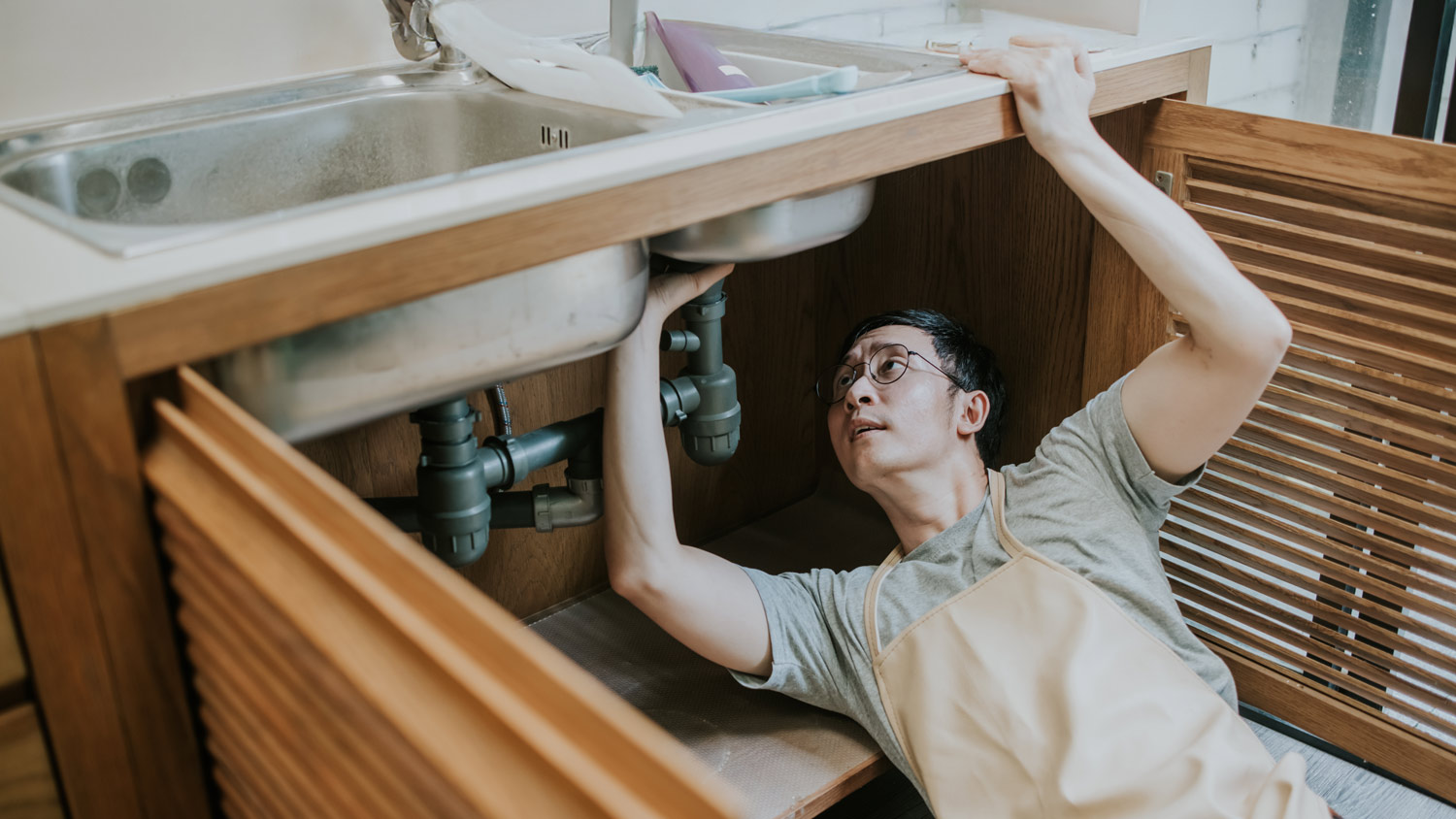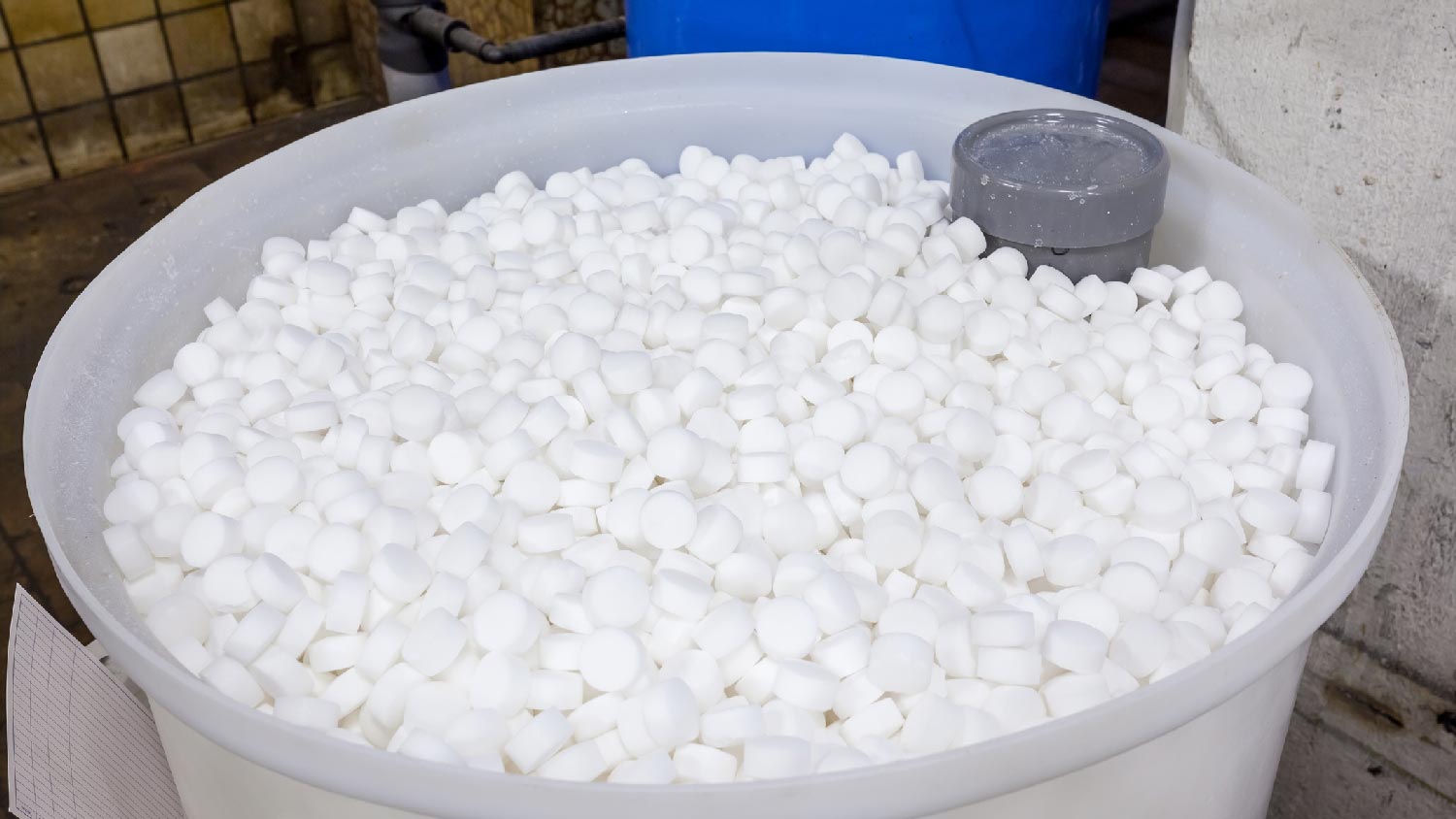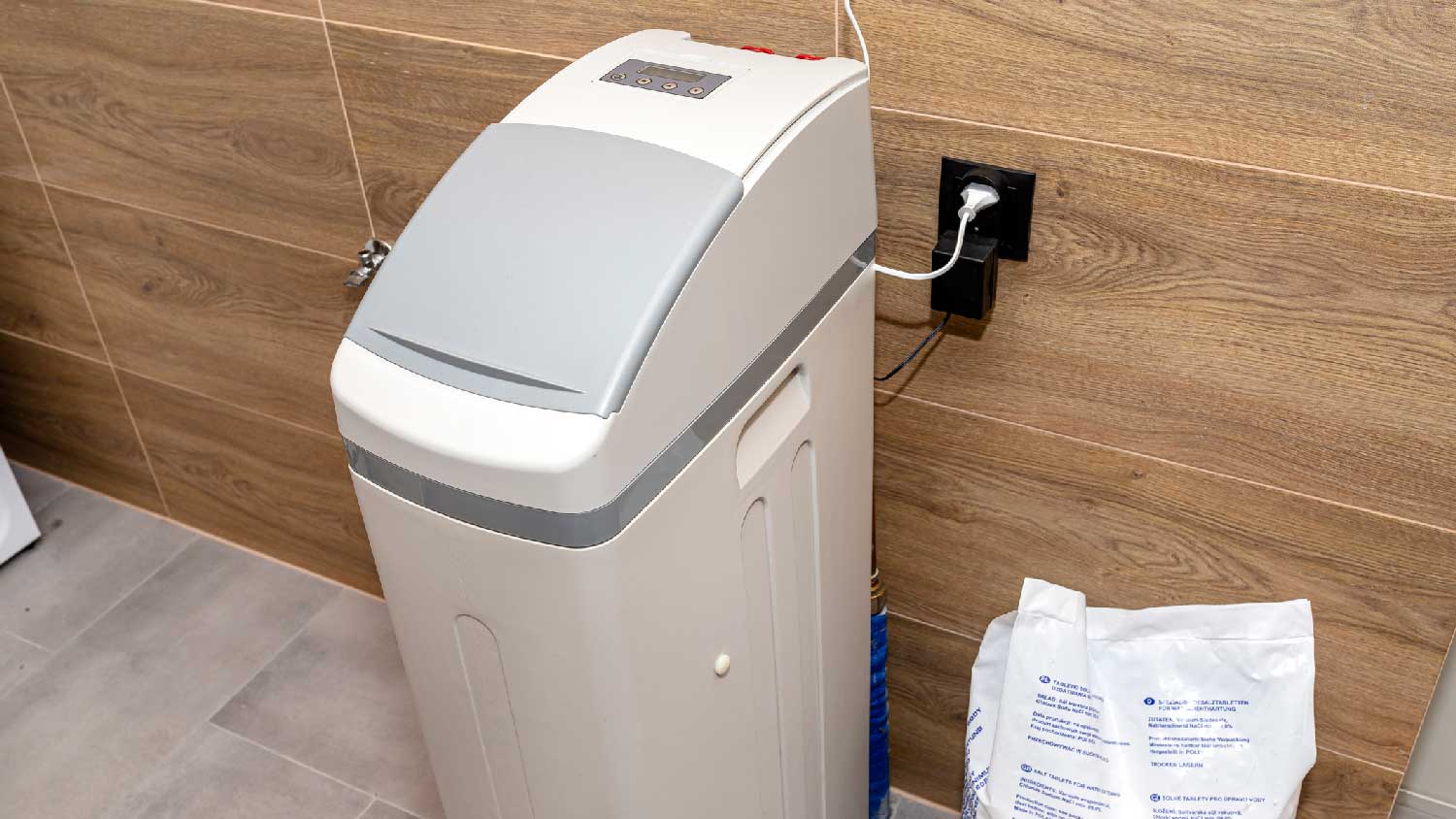7 Tips to Get the Right Water Treatment System for Your Home
Knowing your budget, what you want in a system, and how to find a reputable water treatment company are just a few tips for finding the right water treatment system


Like most things, one type of water treatment system does not fit all. As with any new appliance in the home, you want to be sure any water treatment system you purchase will last for years to come and be right for your family.
Factors like measurements, water analysis results, the installation site, the type of plumbing in the home, and your average water usage all come into play when choosing the right water treatment system.
Below are seven tips for getting a water system that is right for your home.
1. Consider Your Budget
If you’ve ever searched for a new car, home, or another major investment item without looking at prices, then you know that feeling of shock and disappointment when you find a product that you love that is way out of your price range. The same can go for water treatment systems if you don’t do your research.
For the most part, a water treatment system for a home costs between $900 to $3,000, or $2,000 on average. Save yourself the trouble of setting your eyes on an expensive water treatment system by determining your budget early. That way, you won’t have your heart set on bells and whistles that you don’t need.
2. Make a Plan

Before you even consider getting a quote, make sure you know what improvements you want to see in your water. Because of personal preferences, many people treat the same water differently to achieve different results.
As a good rule of thumb, consider the following baseline recommendations for your water treatment system:
Total disinfection of bacterial contaminants
99.9% removal of waterborne cysts and viruses
Odor removal or improvement
Reduction of hard substances like calcium deposits
Elimination of toxins such as lead
Balancing of beneficial properties like chlorine and fluoride
The CDC emphasizes that not all filtration systems are identical. The type of water you currently have, along with the kinds of chemicals and toxins already present, will affect the kind of treatment you will need to have the safest drinking water possible. That’s why it’s important to make a strong plan that considers your needs as a homeowner.
3. Get the Right Measurements
Before you embark on a new water treatment system, a water specialist should measure your current water to determine its properties and qualities. A specialist will be able to determine accurate quotes, give recommendations, and provide you with important information about the water you use every day.
Your representative will take measurements of the temperature, pH level, sediment, and other properties currently in your water system. Then, they will inspect the site and current plumbing system and perform water tests. Try not to let the complex process dissuade you from finding out this valuable information. You are, after all, the one who ultimately decides whether or not you are going to purchase the system.
Keep in mind; you don’t want to take one professional’s word for it, as anyone can make an honest mistake in measurements. You should get at least three quotes from three different companies before making a decision.
4. Research the Water Treatment Company
Speaking of getting multiple quotes, the best way to find a water treatment company near you is to research your options. Learn more about the water treatment company itself and the equipment they recommend for you by searching online.
Investigate the company thoroughly—a fancy web presence can hide a lot of inadequacies. When you meet them in person, ask general questions about equipment service, maintenance, warranties, and any recommendations if you were to purchase from the company.
You’ll also want to make sure the company you are interviewing has certified personnel on staff. The National Water Quality Association certifies personnel at six different levels, simplifying the process of identifying credible professionals.
5. Ask Questions
Accurate, updated, and detailed information about your water treatment options is key to finding the right system for you and comparing information and quotes. Once your representative has reviewed and measured your home and is ready to talk with you about your options, be sure to have a list of questions ready.
Here are a few questions you might ask your pro:
What kind of water treatment system can I get on my budget?
How will water treatment equipment address any water issues I may have?
What chemicals and minerals will my water treatment system filter?
What equipment would you recommend for my household’s specific needs, and why?
Are there any disadvantages to this treatment system?
How do I know that my water is safe to drink and bathe in?
Will the treated water in my home affect my water-using appliances?
What other options do I have for a water treatment system?
What is the protocol for installing, maintaining, and paying for these services?
If you decide to get multiple quotes, we recommend asking the same questions to each professional to gauge the responses equally. You’ll also gain more knowledge of your options this way.
6. Get References
Before you ultimately decide on a water treatment installation company, secure your decision by asking for references from local customers who have used their services. Ask these references about their experiences working with the company, what they liked and didn’t like, and what could be improved to determine whether or not the installers are a good fit for the job.
There are many different options out there for water treatment. Be wary of companies who are willing to provide quotes without measurements or try to push you into a decision. Let them know that you are doing your research and want to learn about the different options tailored to your home—not just any home.
7. Conduct Multiple Water Tests
Lastly, remember that water quality fluctuates. Water is continuously flowing; rainfall, groundwater tables, changing seasons, and more can all affect the water flowing through your systems. This change can mean the difference between your water tests detecting certain contaminants or not.
Therefore, you’ll want to perform at least two water quality tests over a few months to accurately determine the quality of your water before you invest in a new water treatment system. You should also perform tests after installing the system to ensure that the installation and system are working as planned.





- What's the Difference Between Well Water and City Water?
- Can Hard Water Ruin Your Appliances?
- How to Determine If Water Quality Tests Are Worth It for Your Family
- Can You Use Water if the Water Heater Is Leaking?
- What Is Well Water? Everything You Need To Know
- Why Does My Faucet Water Smell?
- What to Do About Hard Water in Your Washing Machine
- 4 Reasons to Turn off Your Water Before a Long Vacation
- Why Is My Well Water Sputtering? Causes and Solutions
- 10 Most Common Plumbing Problems Every Homeowner Should Know















